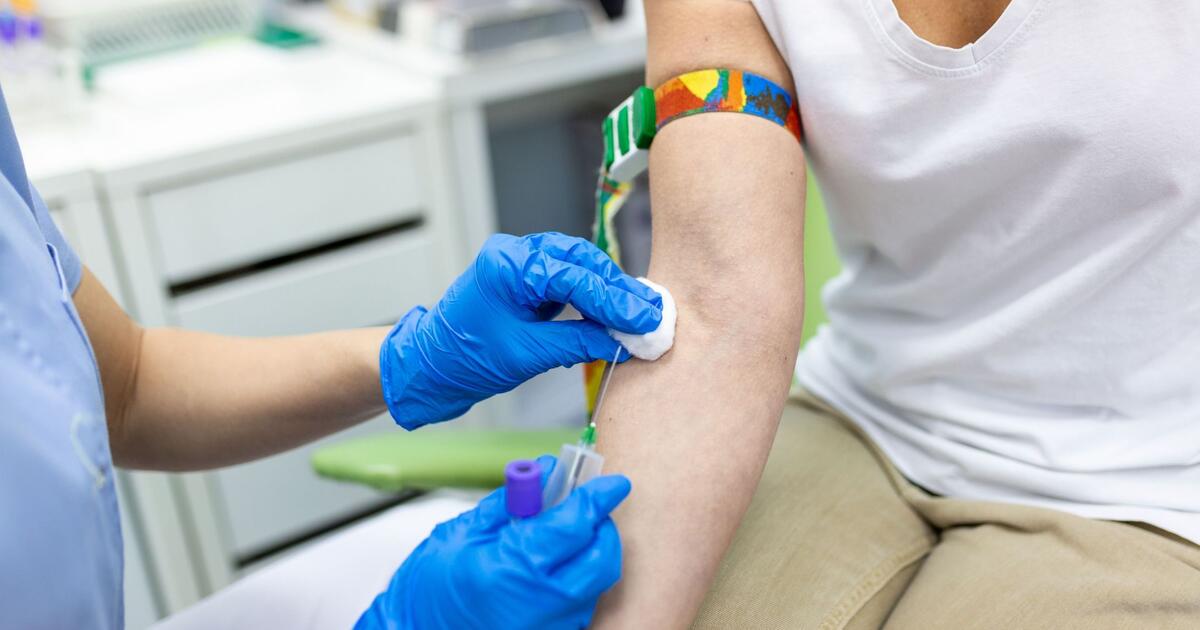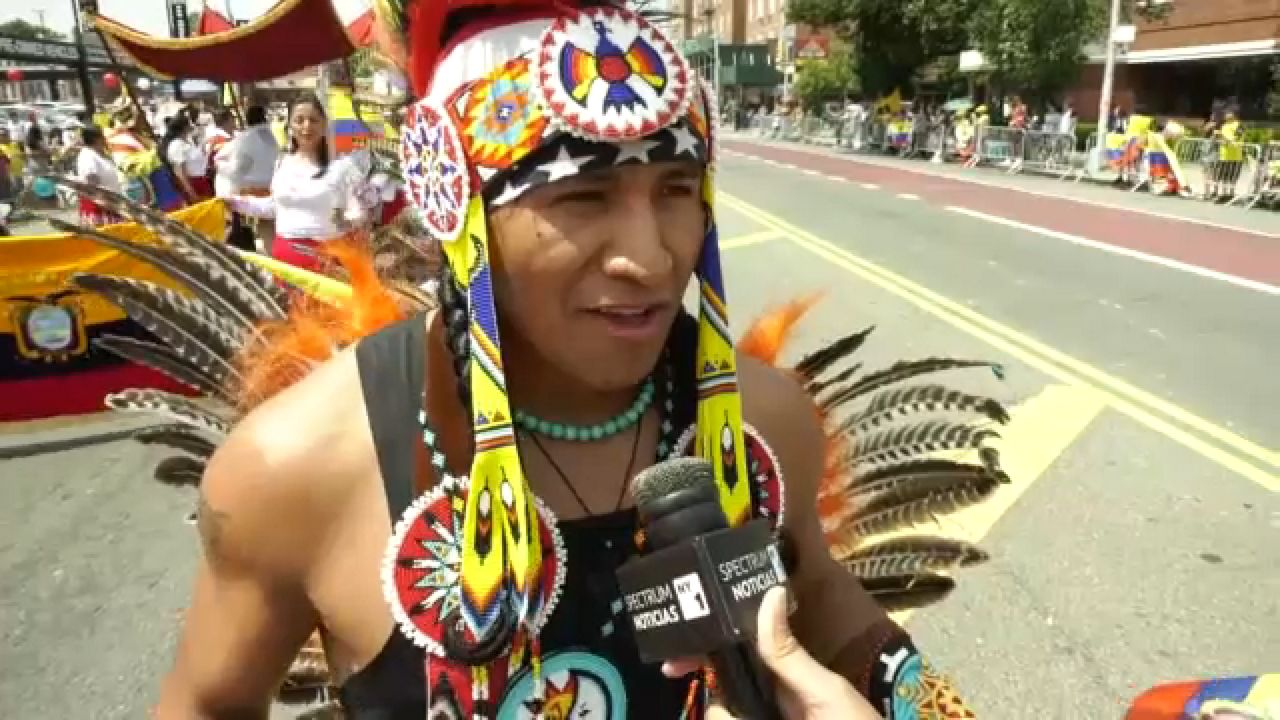The summer break is the favorite stage of the year for many. Vacations allow you to take the rest that workers cannot enjoy during the year. The trips to other parts of the country, and even abroad, are common in summer. However, so much movement among citizens also brings with it more negative aspects. It is the case of the drop in the number of blood donations.
Between July and September the collection of this red gold drops by 15%, according to data from the Organ and Blood Donation Agency (ADOS). A decrease that can be key. The Galician health system needs on average between 400 and 500 daily donations in order to guarantee its activity. The activities that depend on autonomic blood reserves are very varied: surgeriestreatment of diseases such as leukemia, cancerconditions such as anemia or other accidents like Burns, hemorrhages u emergency operations.
The truth is 70% of the blood used by hospitals daily do not correspond to surgeries, but to chronic disease treatments. For this reason, it is so relevant that citizens donate on a recurring basis. “Blood cannot be manufactured,” recalls the ADOS Head of Operations, Doctor José María Vázquez.
“The lack of reserves forced the cancellation of surgeries”
The Galician Donation Agency emphasizes the importance of being regular donors, since not doing it at specific times such as summer, where regular collaborators go down because of vacations, serious situations in health terms can come close. Last July, the doctor recalls, the lack of reservations forced to cancel surgeries in Vigo.
A donation bag holds 450 milliliters of blood. In each operation in the operating room, between one and four liters can be used depending on the severity of the intervention.. “Practically any surgery of medium-high complexity requires a blood reserve,” says the head of the CHUAC’s general surgery service, Javier Aguirre.
although there is interventions that can be settled with only two or four bagsas is the case with gallbladder transplants or removal of a pancreatic tumor, there are others that are much more complex. “In a liver transplant it is possible to transfuse 15 bags of blood, that isall the patient’s blood can be replaced”, explains doctor Aguirre.
“One donation can save three lives”
The Donation Agency also faces another important constraint: “Blood has an expiration date”. The liquid that we baptize as blood is divided into three components: Red blood cells (carry oxygen) platelets (help coagulation) and the plasma (contains various substances). Thus, “A single donation can save up to three lives”, explains Doctor Vázquez. The three substances are divided in the laboratory to give them different uses, and each of them has a different expiration date: 42 days, 2 years and 7 days respectively.
The application of each substance can be vital depending on the patient in question. In the case of those admitted by Burnswill be treated with platelets, the operated with red blood cells and cancer patients with platelets, for example. A bag of just 450 ml -the usual in a donation- can play a key role in the recovery of up to three citizens.
The most persecuted blood groups
70% of the Galician population is 0+ or A+. However, this does not mean that donations from these groups are not necessary, quite the contrary. “It is the most common, but it is also the most consumed,” says Dr. Vázquez. The 0- is the universal donor, that is, anyone can receive his blood. Although, a 0- can only receive its own group. only 8% of the Galician population belongs to this select group. In Spain 7%
Among the less common are also the AB- and B-. Continuing with the list of curiosities, 0+ can donate to all positive groups. A great unknown is also the AB+. is the call “receptor universal” that you can receive blood from any group.
- 0-: Giving universal
- AB+: Receptor universal
- 0+: Receives from any positive
Where and how to donate
The Organ and Blood Donation Agency has 10 mobile units -buses- that every day travel through the cities of Galicia. They have two in A Coruña, two in Vigo, two in Santiago, one in Ferrol, one in Ourense and another in Lugo. In addition, they have fixed donation locations in each city.
In Santiago is in the Hospital Clínico, in Coruña in the CHUAC, in Lugo in the HULA, in Vigo at the Nicolás Peña Hospital and in OurenseGiven the works in the hospital complex, they have set up a store in Plaza Novoa.
The usual hourss in Santiago, A Coruña and Vigo are from Monday to Friday from 08:00 a.m. to 10:00 p.m.. Saturdays from 8:00 am to 3:00 pm. The rest of the schedules, as well as routes of each bus can be be consulted on the website.
On the same website you can consult the reserve level of each blood group. The “traffic light” can vary continuously, although at the moment the most delicate levels are in the group A+, B+ y B-. Likewise, the 0+, 0- and A- are at a “normal” level.


